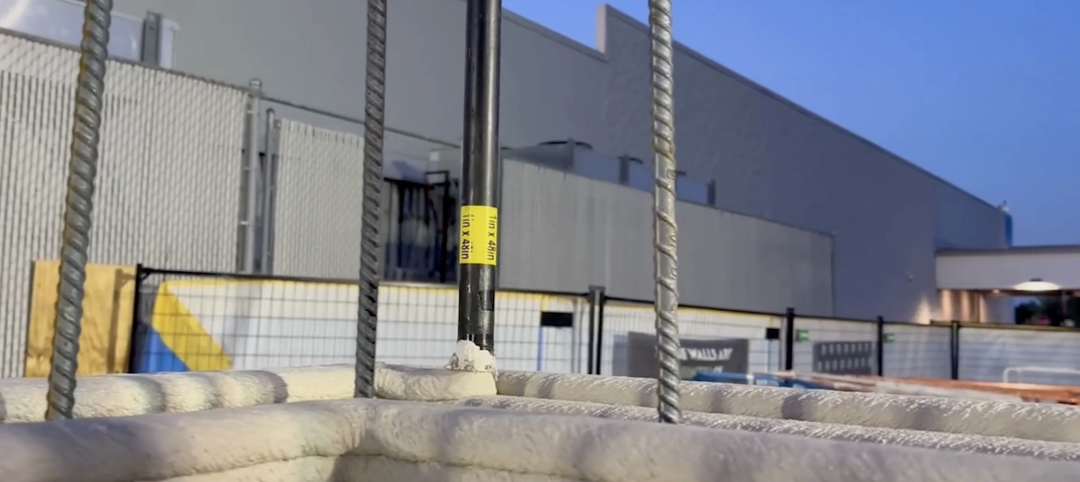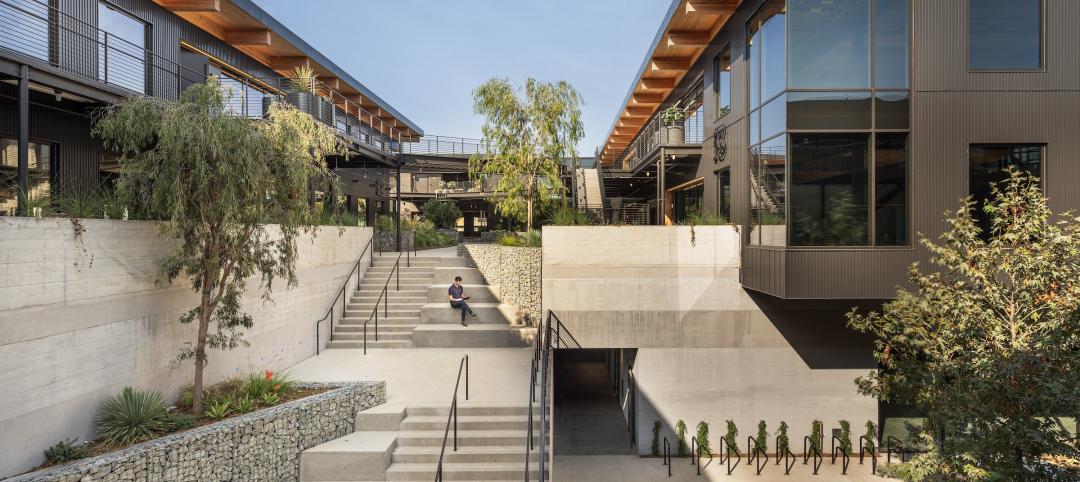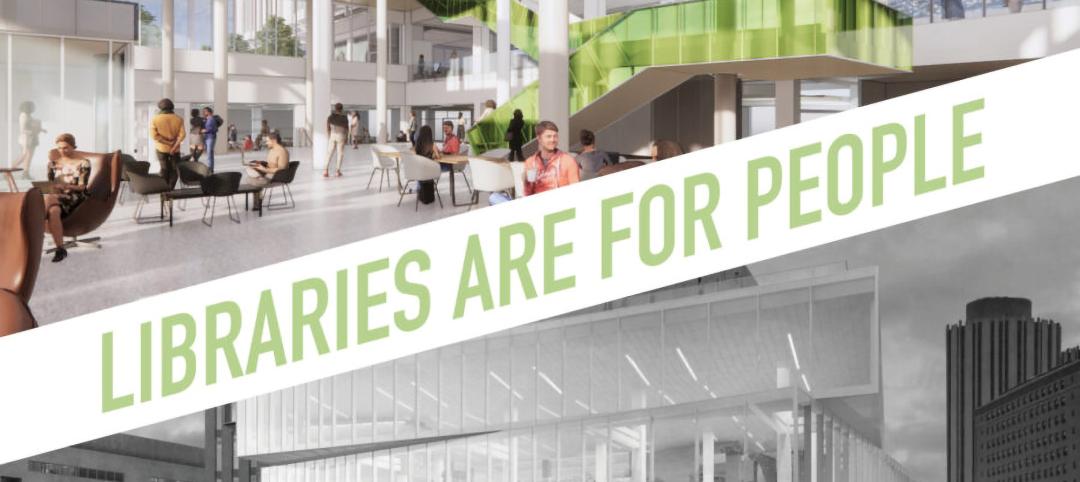The human brain remains one of the great mysteries of our time. This remarkably complex biological structure employs billions of nerve cells and even more connection points to execute every thought, movement, function, and emotion in our bodies. All humans are equipped with what is essentially a supercomputer between their ears, yet we lack a complete understanding of how it works, or how to maximize its full potential. But this is starting to change.
Advancements in neurotechnologies, combined with billions of dollars in public and private funding flooding the fields of cognitive neuroscience and behavioral neuroscience, have made the “thinking brain” one of the hottest areas of scientific research.
President George H.W. Bush declared the 1990s the “decade of the brain” to mark the start of a federal-level funding and awareness campaign around brain research. In 2013, President Obama, during the launch of the public-private BRAIN Initiative, likened the mapping of the brain to the “space race” of the 1960s.
Advancements in neurotechnology, combined with billions in funding, have made the ‘thinking brain’ one of the hottest areas of scientific research.
Indeed, the race is on to unlock the secrets of the brain—to find a cure for diseases like Parkinson’s and Alzheimer’s; to treat disorders like Autism and PTSD; to enhance treatment of acute brain injuries; and to gain a better understanding of cognition and human behavior.
The excitement surrounding brain research has piqued the interest of business leaders, who traditionally have relied of experience, intuition, and tried-and-true methods for many facets of business, from sales and marketing to recruitment/retention to operations.
Why do people make the decisions they do? And, more importantly, how can we effectively influence people in their decision-making? The answers to these questions have the potential to transform any business organization, including AEC firms.
With this understanding, the SMPS Foundation, the research arm of the Society for Marketing Professional Services, set out to explore the known principles and most recent research surrounding the human brain and behavioral science. The goal: to discover connections between the science and the AEC business.
This six-month research project, headed by psychologist and behavioral scientist JonRobert Tartaglione, Founder of Influence51, culminated in August with the release of a 20-page report, “The Neuropsychology of Influence and Decision-Making.” In it, Tartaglione presents distinct concepts related to influence and decision-making, with advice on how AEC firms can apply these concepts.
On behalf of the SMPS Foundation Board of Trustees (I’m a proud two-year board member), I invite you to download this important report. It’s a must-read for any AEC firm leader.
Related Stories
Sustainability | Sep 18, 2024
3 living buildings made by a living practice
Prompting humans to reexamine our relationship to the environment, architecture creates the opportunity for us to physically experience ideas of beauty, performance, and structure through the distinct lens of place.
3D Printing | Sep 17, 2024
Alquist 3D and Walmart complete one of the nation’s largest free-standing, 3D-printed commercial structures
Walmart has completed one of the largest free-standing, 3D-printed commercial structures in the US. Alquist 3D printed the almost 8,000-sf, 20-foot-high addition to a Walmart store in Athens, Tenn. The expansion, which will be used for online pickup and delivery, is the first time Walmart has applied 3D printing technology at this scale.
Retail Centers | Sep 17, 2024
Thinking outside the big box (store)
For over a decade now, the talk of the mall industry has been largely focused on what developers can do to fill the voids left by a steady number of big box store closures. But what do you do when big box tenants stay put?
Government Buildings | Sep 17, 2024
OSHA’s proposed heat standard published in Federal Register
The Occupational Safety and Health Administration (OSHA) has published a proposed standard addressing heat illness in outdoor and indoor settings in the Federal Register. The proposed rule would require employers to evaluate workplaces and implement controls to mitigate exposure to heat through engineering and administrative controls, training, effective communication, and other measures.
Codes and Standards | Sep 17, 2024
New California building code encourages, but does not mandate heat pumps
New California homes are more likely to have all-electric appliances starting in 2026 after the state’s energy regulators approved new state building standards. The new building code will encourage installation of heat pumps without actually banning gas heating.
Mass Timber | Sep 17, 2024
Marina del Rey mixed-use development is L.A.’s largest mass timber project
An office-retail project in Marina del Rey is Los Angeles’ largest mass timber project to date. Encompassing about 3 acres, the 42XX campus consists of three low-rise buildings that seamlessly connect with exterior walkways and stairways. The development provides 151,000 sf of office space and 1,500 sf of retail space.
Education Facilities | Sep 16, 2024
Hot classrooms, playgrounds spur K-12 school districts to go beyond AC for cooling
With hotter weather occurring during the school year, school districts are turning to cooling strategies to complement air conditioning. Reflective playgrounds and roads, cool roofs and window films, shade structures and conversion of asphalt surfaces to a natural state are all being tried in various regions of the country.
Office Buildings | Sep 16, 2024
Maximizing office square footage through ‘agile planning’
Lauren Elliott, RID, NCIDQ, Director of Interior Design, Design Collaborative, shares tips for a designing with a popular and flexible workspace model: Agile planning.
3D Printing | Sep 13, 2024
Swiss researchers develop robotic additive manufacturing method that uses earth-based materials—and not cement
Researchers at ETH Zurich, a university in Switzerland, have developed a new robotic additive manufacturing method to help make the construction industry more sustainable. Unlike concrete 3D printing, the process does not require cement.
Libraries | Sep 12, 2024
How space supports programming changes at university libraries
GBBN Associate Sarah Kusuma Rubritz, AIA, uses the University of Pittsburgh's Hillman Library to showcase how libraries are transforming to support students’ needs.

















